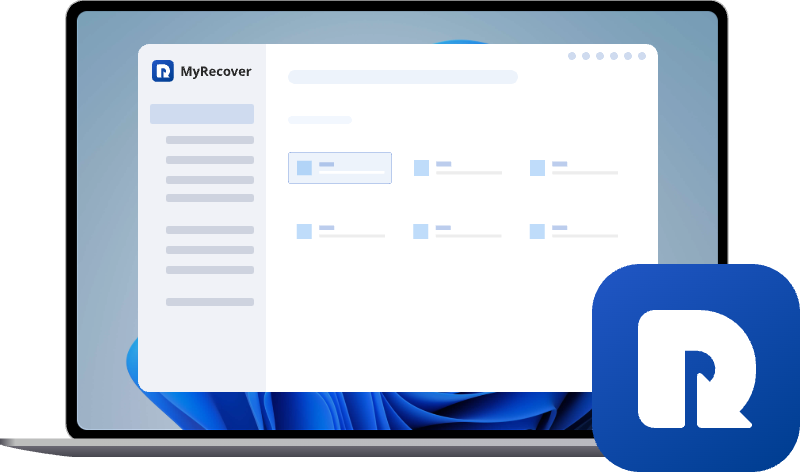Troubleshooting Guide: Fixing Windows 11 Keeps Crashing Issue
This troubleshooting guide explores the common causes of Windows 11 crashing issues and provides practical solutions to fix them. It also offers software recommendations and tips to optimize system performance.
Introduction
Windows 11, the latest operating system from Microsoft, has garnered widespread acclaim for its modern design and enhanced features. However, like any other software, it can encounter issues, with one of the most common being frequent crashes. This guide aims to address the Windows 11 keeps crashing issue by providing an in-depth analysis of the problem, potential causes, and effective solutions.
Understanding the Problem
The Problem: Windows 11 Crashes Frequently
Users often encounter a frustrating experience when their Windows 11 systems crash unexpectedly. These crashes can occur during startup, while using specific applications, or even when the system is idle. The crashes may result in data loss, decreased productivity, and overall inconvenience.
Potential Causes
1. Outdated or Incompatible Drivers
One of the primary causes of Windows 11 crashes is outdated or incompatible drivers. Drivers are software components that enable communication between hardware devices and the operating system. Incompatible or malfunctioning drivers can lead to system instability and frequent crashes.
2. Insufficient System Resources
Windows 11 requires a certain level of system resources to function smoothly. If your system lacks sufficient RAM, storage, or processing power, it may struggle to handle multiple tasks or resource-intensive applications, leading to crashes.
3. Software Conflicts
Incompatibility between different software applications can cause conflicts, resulting in system crashes. This can happen when multiple applications attempt to access the same system resources simultaneously, creating conflicts that lead to instability.
Solutions
Solution 1: Update Drivers
Updating drivers is an essential step to ensure system stability and compatibility. Follow these steps to update your drivers:
- Open the Device Manager by pressing Windows Key + X and selecting Device Manager from the list.
- Expand the categories to find the device drivers that require an update.
- Right-click on the driver and select Update driver from the context menu.
- Choose the option to search for updated drivers automatically.
- Follow the on-screen instructions to complete the driver update process.
Recommended Software: DriverMax
DriverMax is a user-friendly software that simplifies the driver update process. It scans your system, identifies outdated drivers, and provides one-click updates. Its key features include:
- Automatically detects and updates outdated drivers.
- Creates driver backups and restores them if needed.
- Offers detailed reports and hardware information.
However, it's important to note that while DriverMax simplifies driver updates, it may not always have the most up-to-date drivers for every device.
FAQ
Q: How can I prevent Windows 11 from crashing frequently?
A: To prevent frequent crashes, ensure that your system has adequate resources, keep your drivers up to date, and avoid software conflicts by using compatible applications. Additionally, regular system maintenance, such as disk cleanup and malware scans, can help maintain system stability.
Q: Can outdated BIOS cause Windows 11 crashes?
A: Yes, an outdated BIOS (Basic Input/Output System) can contribute to system crashes. Upgrading your BIOS to the latest version recommended by your hardware manufacturer can help resolve compatibility issues and improve system stability.
<...additional relevant questions and answers...>Conclusion
The Windows 11 keeps crashing issue can be frustrating, but by understanding the causes and implementing the suggested solutions, you can enhance system stability and prevent frequent crashes. Remember to regularly update your drivers, optimize your system resources, and maintain software compatibility. By following these steps, you can ensure a smooth and enjoyable user experience with Windows 11.


